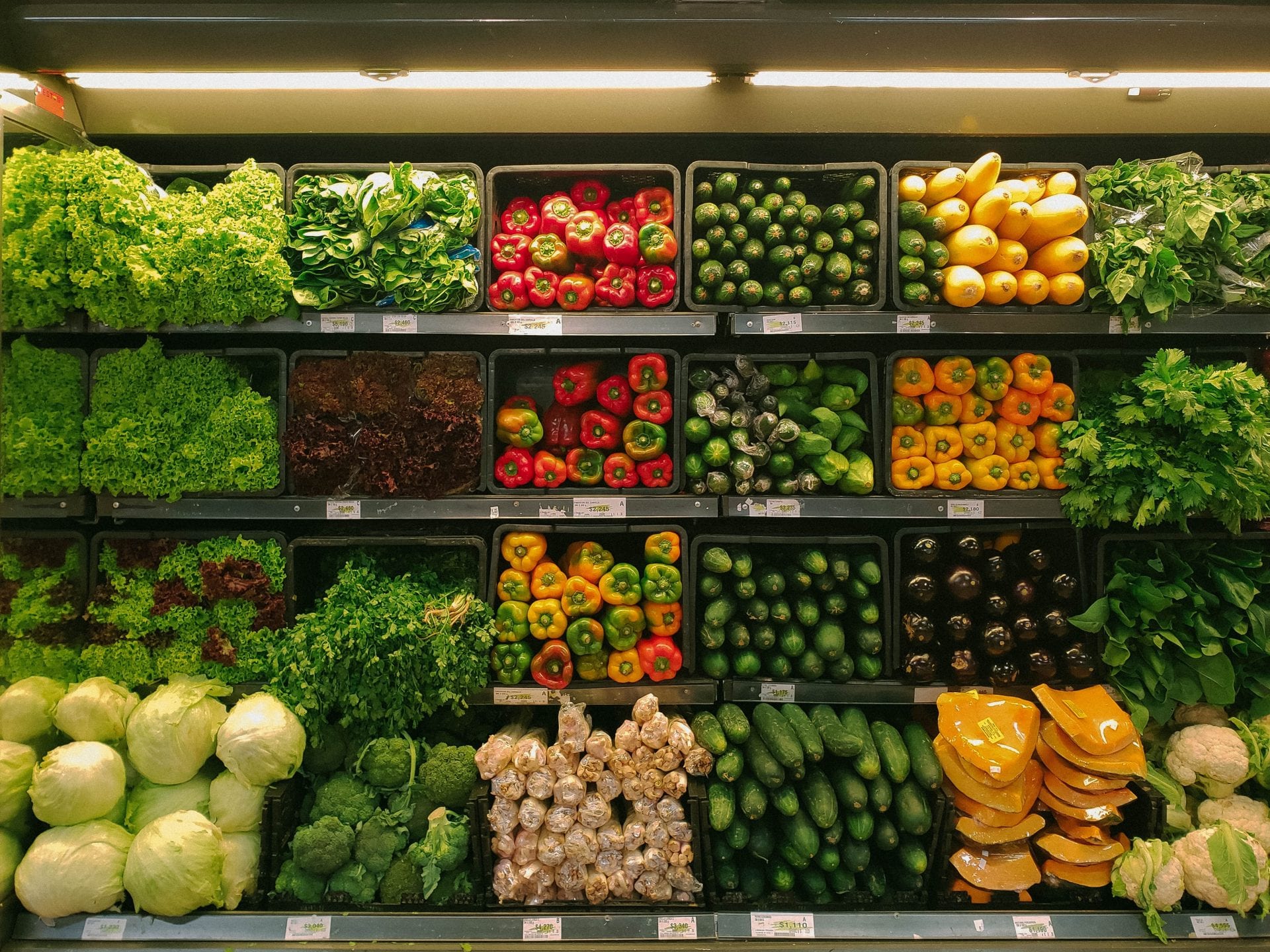New Book Spotlights Food Insecurity

The U.S. has so much food that an estimated 133 billion pounds was thrown away in 2010, according to the U.S. Department of Agriculture. So why are people still going hungry?
The root of the problem is “food insecurity,” or inconsistent access to food. So, for instance, someone who can only afford one meal a day, or a person who has the economic means to buy food but doesn’t have transportation to a store.

The source of the gap between people with food insecurity and the restaurants and other organizations throwing away those billions of pounds of food is the focus of “Hunger in the Land of Plenty,” a new book from James D. Wright, Ph.D., an emeritus UCF Pegasus professor of sociology, Amy Donley, Ph.D., an associate sociology professor at UCF and Sara Strickhouser Vega, Ph.D., an instructor at Western Washington University.
The book takes a hard look at the causes of food insecurity, dissects the policies and programs created to minimize it and proposes several solutions for moving forward. A major proposal: viewing food insecurity as a health issue instead of the traditional social problem.
“Screening for food insecurity in emergency rooms opens up all kinds of new possibilities,” Donley said.
A pilot program led by Second Harvest Food Bank is already underway to do exactly that. Take the case of a diabetic patient who is frequently in the emergency room. By identifying and correcting food insecurity in his or her life, the chances of them controlling their diet and managing their ailment go up significantly. That cuts repeat visit costs for the hospital and improves the health of the patient.

One small scale solution is a food bank at a hospital. On a larger scale, it opens up the possibility for health insurance to cover food costs; Medicaid already pays for housing in some areas.
A second solution is redefining what is acceptable food. Brown spots on bananas and other misshapen produce either are thrown out after they’re not sold, or they never make it the store. Changing that mindset will go a long way to eliminating food waste, Donley said.
Nationwide, the population is growing older, which will likely lead to higher percentages of people experiencing food insecurity. That’s a particular concern in Florida. It’s incumbent on local nonprofits and government agencies to connect people with resources, but it’s also important for neighbors to check on neighbors, Donley said.
“Identifying people at risk and then connecting them with resources is so incredibly important,” Donley said.
“Hunger in the Land of Plenty” by UCF Pegasus professor of sociology, Amy Donley, Ph.D. focuses on food insecurity and it’s implications.
